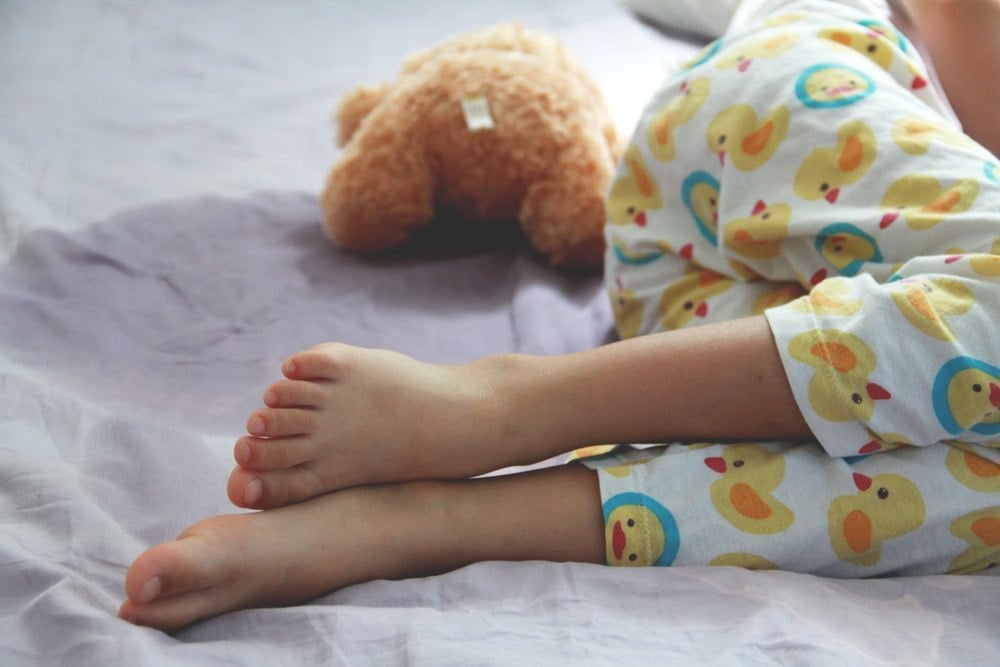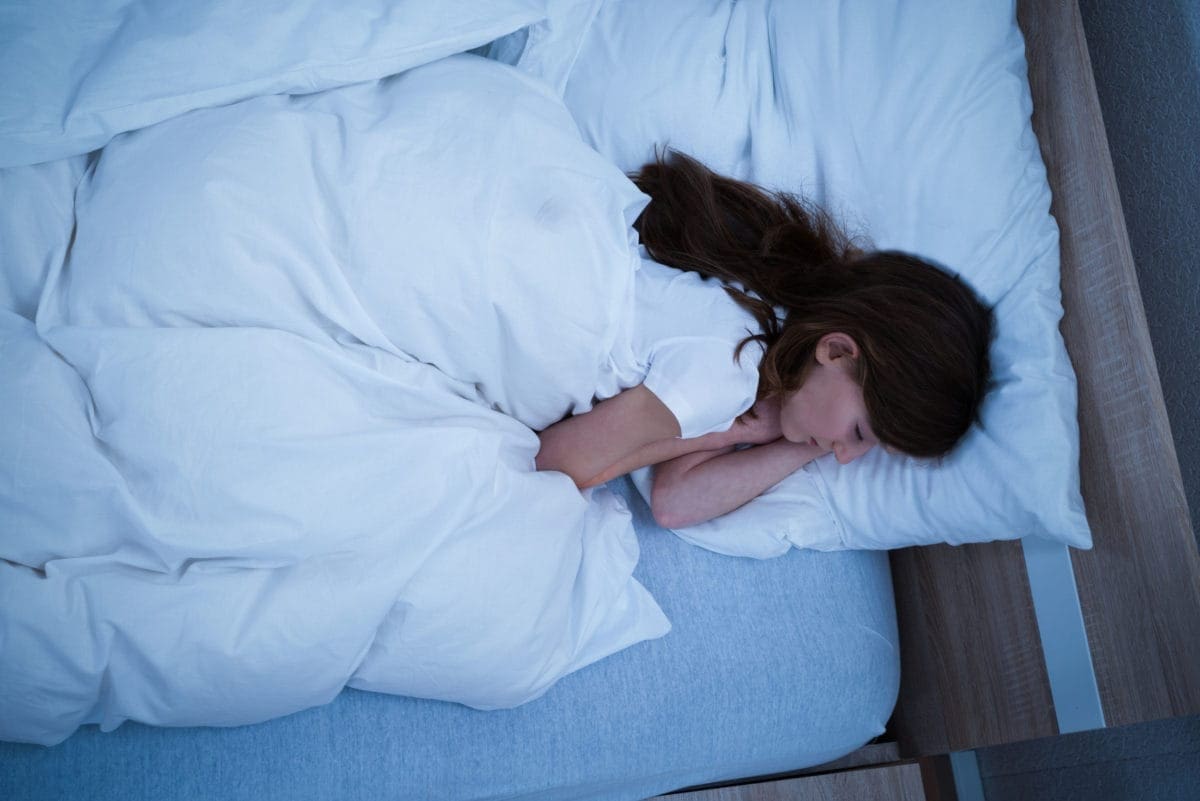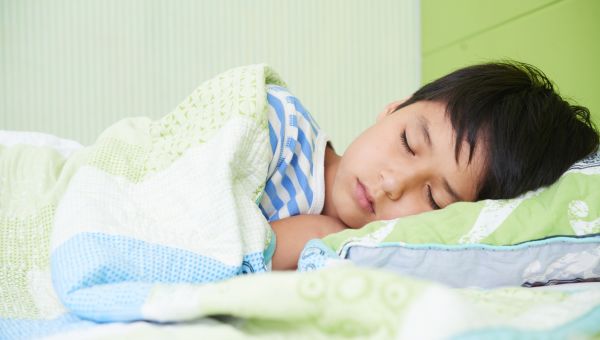Your Is bedwetting a behavioral control images are available. Is bedwetting a behavioral control are a topic that is being searched for and liked by netizens now. You can Get the Is bedwetting a behavioral control files here. Get all royalty-free photos.
If you’re searching for is bedwetting a behavioral control pictures information connected with to the is bedwetting a behavioral control keyword, you have come to the right site. Our website always provides you with hints for seeking the maximum quality video and image content, please kindly hunt and locate more informative video content and graphics that fit your interests.
Is Bedwetting A Behavioral Control. Chronic constipation could create tension on the bladder causing a child to lose bladder control. Behavioral Treatment is considered the most effective therapy for bedwetting. Bedwetting in children and adults can result in emotional stress. Physicians emphasize that bedwetting is a symptom not a disease.
 Let S Talk About Bedwetting Preferred Medical Group From preferredmedgroup.com
Let S Talk About Bedwetting Preferred Medical Group From preferredmedgroup.com
Although not well understood bedwetting is sometimes related to psychological stressors but this is usually temporary and not one of the more common causes. Wetting the bed or having an accident during the day can be stressful and embarrassing for your child. Physicians emphasize that bedwetting is a symptom not a disease. For example you can try to set an initial goal for two dry nights in a row and work your way up to a week two weeks and eventually a month until they are able to have full bladder control. We are one of only a few pediatric urology programs in the nation with psychologists embedded in our clinic which helps us provide. There are other behavioral treatments that.
If treatment is needed it can be based on a discussion of options with your doctor and identifying what will work best for your situation.
Most children achieve daytime control by age 3 and nighttime control shortly thereafter. Bed-wetting is not a mental or behavioral problem. Behavioral therapies can be used to control bedwetting. Bed wetting is not a behavioral problem. Children learn to control their bladder at different ages. Bedwetting can cause stress in the family and poor self esteem in the child if not managed properly.
 Source: youtube.com
Source: youtube.com
Bedwetting can cause stress in the family and poor self esteem in the child if not managed properly. Most children outgrow bed-wetting on their own. For a diagnosis of enuresis wetting must occur twice a week for at least three months with no underlying physiological cause. Usually children stop wetting the bed between 3 and 5 years of age. Parents should not take behavior modification to mean that bedwetting is a behavioral problem that needs rigorous correction to fix.
 Source: goodnites.com
Source: goodnites.com
Occasionally children will have some other underlying physical cause for bedwetting but these children. Nocturnal enuresis also called bedwetting is involuntary urination while asleep after the age at which bladder control usually begins. In rare cases sleep disorders such as obstructive sleep apnea. Bedwetting should not be thought of as a behavioral problem. Nothing could be further from the truth.
 Source: pinterest.com
Source: pinterest.com
Complications can include urinary tract infections. Bedwetting may sometimes be related to a sleep disorder. Nocturnal enuresis or bedwetting is the involuntary release of urine during sleep. For a diagnosis of enuresis wetting must occur twice a week for at least three months with no underlying physiological cause. Children do not want or like to wake up in a wet bed.
 Source: drgreene.com
Source: drgreene.com
Bedwetting can cause stress in the family and poor self esteem in the child if not managed properly. For children bedwetting should not be seen as a sign of bad toilet training rather its normal as it is considered as a standard nighttime bladder control developmental stage for some children. Our psychologists in the Division of Urology will help you and your child learn new ways to control daytime or nighttime wetting. There are other behavioral treatments that. For adults it can be a symptom of hidden illness or disease and can be reduced or controlled with the help of a few lifestyle changes bladder training moisture alarms and sometimes medication too.
 Source: houstonent.com
Source: houstonent.com
Studies shows that 1 to 2 percent of adults wet the bed though researchers think that statistic is underreported due to the. Bedwetting may sometimes be related to a sleep disorder. Alarm systems are a good alternative for motivated children age 6-7 years old and older. Try not to react with anger or frustration as it may only add to their stress and cause. For a diagnosis of enuresis wetting must occur twice a week for at least three months with no underlying physiological cause.
 Source: pinterest.com
Source: pinterest.com
For example you can try to set an initial goal for two dry nights in a row and work your way up to a week two weeks and eventually a month until they are able to have full bladder control. Certain health conditions such as constipation and urinary tract infections UTIs may cause nocturnal enuresis in children and teens. Bedwetting in children and adults can result in emotional stress. Some children have daytime bladder issues that can contribute to problems during the night. All children with wetting problems especially those who wet during the day need a medical evaluation that includes testing for infections or other physical problems.
 Source: pinterest.com
Source: pinterest.com
Though bedwetting can be alarming and inconvenient to parents it should not immediately be considered a behavioral issue or treated with punishment. However these habits further exacerbate bedwetting. Even children with no history of bedwetting may lose bladder control from time to time. Children learn to control their bladder at different ages. Nocturnal enuresis or bedwetting is the involuntary release of urine during sleep.
 Source: familydoctor.org
Source: familydoctor.org
Primary bedwetting refers to children who have yet to stay dry for at least 6 months. The child sleeps with an enuresis alarm which starts to ring when the child starts to urinate. Two Categories of Bedwetting. Bedwetting in children and adults can result in emotional stress. It doesnt happen because the child is.
 Source: janabebe.com
Source: janabebe.com
Bedwetting may sometimes be related to a sleep disorder. Children learn to control their bladder at different ages. Most children achieve daytime control by age 3 and nighttime control shortly thereafter. All children with wetting problems especially those who wet during the day need a medical evaluation that includes testing for infections or other physical problems. Bed wetting is not a behavioral problem.
 Source: getradiantlife.com
Source: getradiantlife.com
Bedwetting in both childhood and adulthood can have a profound impact on a persons behavior emotional well-being and social life. It doesnt happen because the child is. In rare cases sleep disorders such as obstructive sleep apnea. Complications can include urinary tract infections. However these habits further exacerbate bedwetting.
 Source: pinterest.com
Source: pinterest.com
Nocturnal enuresis also called bedwetting is involuntary urination while asleep after the age at which bladder control usually begins. For adults it can be a symptom of hidden illness or disease and can be reduced or controlled with the help of a few lifestyle changes bladder training moisture alarms and sometimes medication too. Bedwetting can cause stress in the family and poor self esteem in the child if not managed properly. Sometimes medications a child is taking can change how deeply they sleep and lead to bedwetting. Bedwetting may sometimes be related to a sleep disorder.

Two Categories of Bedwetting. Certain health conditions such as constipation and urinary tract infections UTIs may cause nocturnal enuresis in children and teens. However these habits further exacerbate bedwetting. Bedwetting in children and adults can result in emotional stress. Physicians emphasize that bedwetting is a symptom not a disease.
 Source: pinterest.com
Source: pinterest.com
Enuresis both nighttime nocturnal and daytime diurnal. Bedwetting may appear or increase when a child is ill. Rather it should first be considered an involuntary relatively common developmental hiccup and should be addressed compassionately and without anger or shame. Bed wetting is not a behavioral problem. Rather behavior modification works more by teaching your child the nighttime bladder control that most children learn sooner or later.
 Source: sleepassociation.org
Source: sleepassociation.org
For adults it can be a symptom of hidden illness or disease and can be reduced or controlled with the help of a few lifestyle changes bladder training moisture alarms and sometimes medication too. Although not well understood bedwetting is sometimes related to psychological stressors but this is usually temporary and not one of the more common causes. Occasionally children will have some other underlying physical cause for bedwetting but these children. Even children with no history of bedwetting may lose bladder control from time to time. Chronic constipation could create tension on the bladder causing a child to lose bladder control.
 Source: preferredmedgroup.com
Source: preferredmedgroup.com
Usually children stop wetting the bed between 3 and 5 years of age. Occasionally children will have some other underlying physical cause for bedwetting but these children. Most children achieve daytime control by age 3 and nighttime control shortly thereafter. Bed-wetting is not a mental or behavioral problem. It doesnt happen because the child is.
 Source: pinterest.com
Source: pinterest.com
Bedwetting may sometimes be related to a sleep disorder. Nocturnal enuresis or bedwetting is the involuntary release of urine during sleep. Most children outgrow bed-wetting on their own. Bedwetting can cause stress in the family and poor self esteem in the child if not managed properly. Complications can include urinary tract infections.
 Source: drgreene.com
Source: drgreene.com
Stopping bedwetting for most children takes patience motivation and time. Behavioral Treatment is considered the most effective therapy for bedwetting. Bedwetting is a common problem among children even after they have been toilet-trained. Nocturnal enuresis or bedwetting is the involuntary release of urine during sleep. Bedwetting alarms have up to an 85 success rate with a 15 recidivism rate when the treatment is stopped.
 Source: pinterest.com
Source: pinterest.com
Most children outgrow bed-wetting on their own. Most children achieve daytime control by age 3 and nighttime control shortly thereafter. No one can control what happens when sound asleep. Enuresis both nighttime nocturnal and daytime diurnal. Occasionally children will have some other underlying physical cause for bedwetting but these children.
This site is an open community for users to do submittion their favorite wallpapers on the internet, all images or pictures in this website are for personal wallpaper use only, it is stricly prohibited to use this wallpaper for commercial purposes, if you are the author and find this image is shared without your permission, please kindly raise a DMCA report to Us.
If you find this site serviceableness, please support us by sharing this posts to your preference social media accounts like Facebook, Instagram and so on or you can also bookmark this blog page with the title is bedwetting a behavioral control by using Ctrl + D for devices a laptop with a Windows operating system or Command + D for laptops with an Apple operating system. If you use a smartphone, you can also use the drawer menu of the browser you are using. Whether it’s a Windows, Mac, iOS or Android operating system, you will still be able to bookmark this website.






